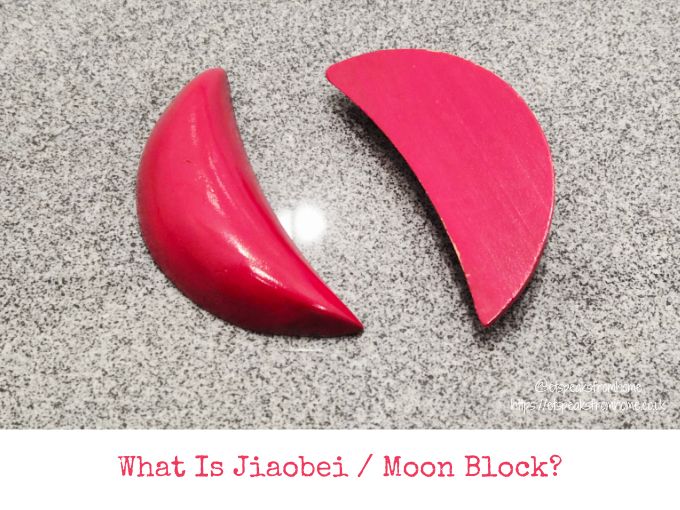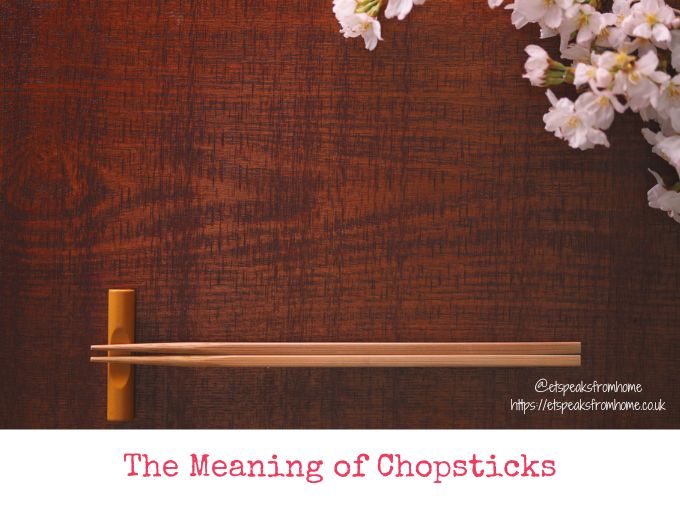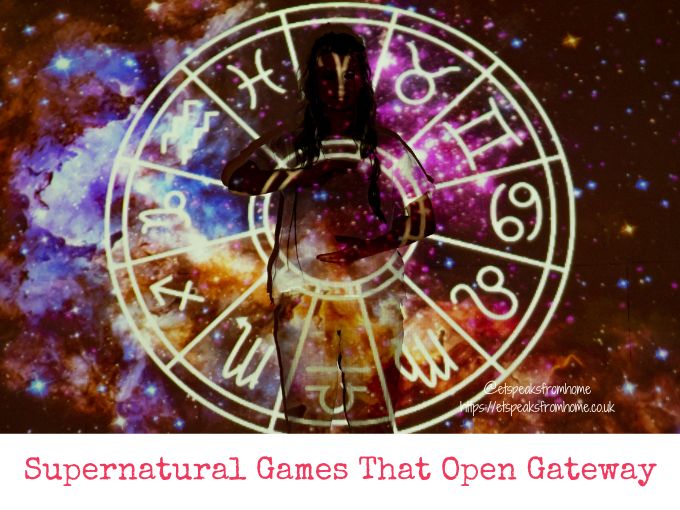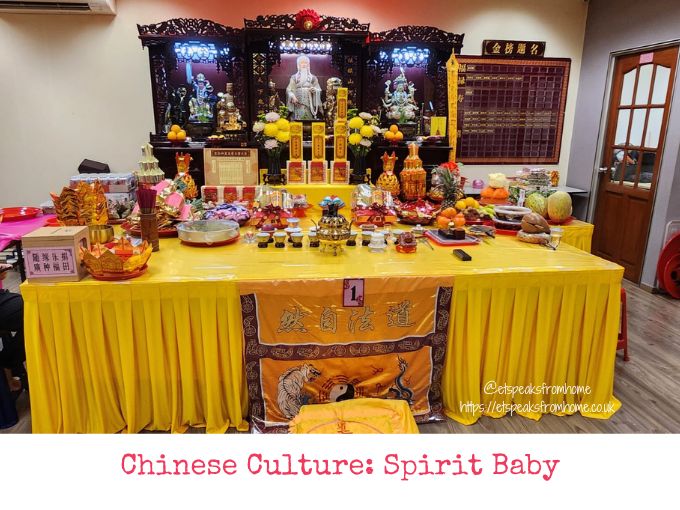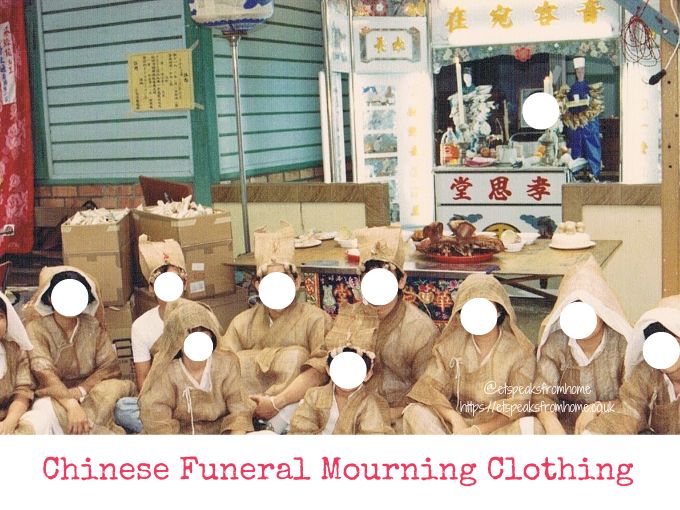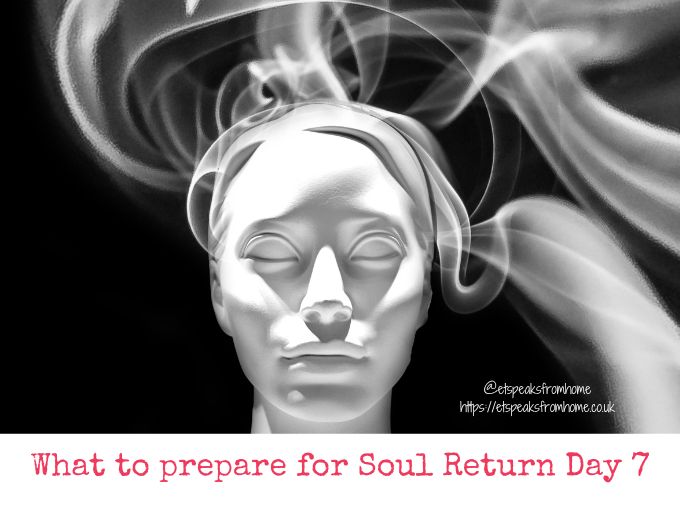Since I was young, I always saw my mum using jiaobei – also known as Moon Blocks – during every praying ceremony, such as the Hungry Ghost Festival, Qing Ming Festival, and many other occasions. At the time, I never really understood what jiaobei meant.
My mum would throw the jiaobei to ask for an answer, then tell us whether we could tidy up the offerings or if we had to wait a little longer because the deity or our deceased relatives had not yet come to receive the blessings or finish the offerings.
She always seemed to know how to interpret each result. I often asked her about it, but I could never remember what the outcomes meant. Recently, I decided to dig a little deeper into the history behind jiaobei and even bought one for myself. It was quite cheap!
My mum used to own wooden jiaobei. However, after my dad passed away, she sent all the deity statues to the temple and no longer practised these Chinese rituals. This was partly because we, her children, did not continue the culture, and partly because she is no longer physically able to do so due to old age.
